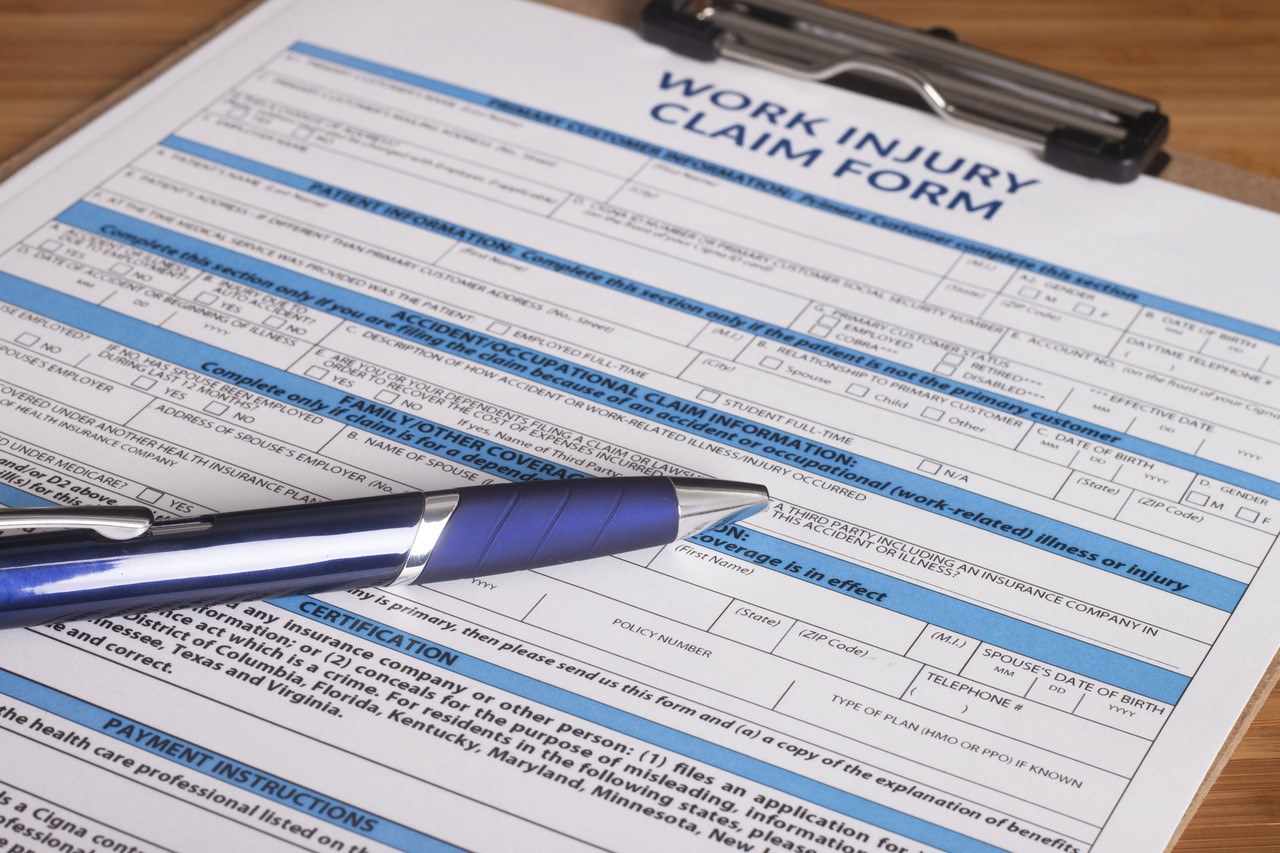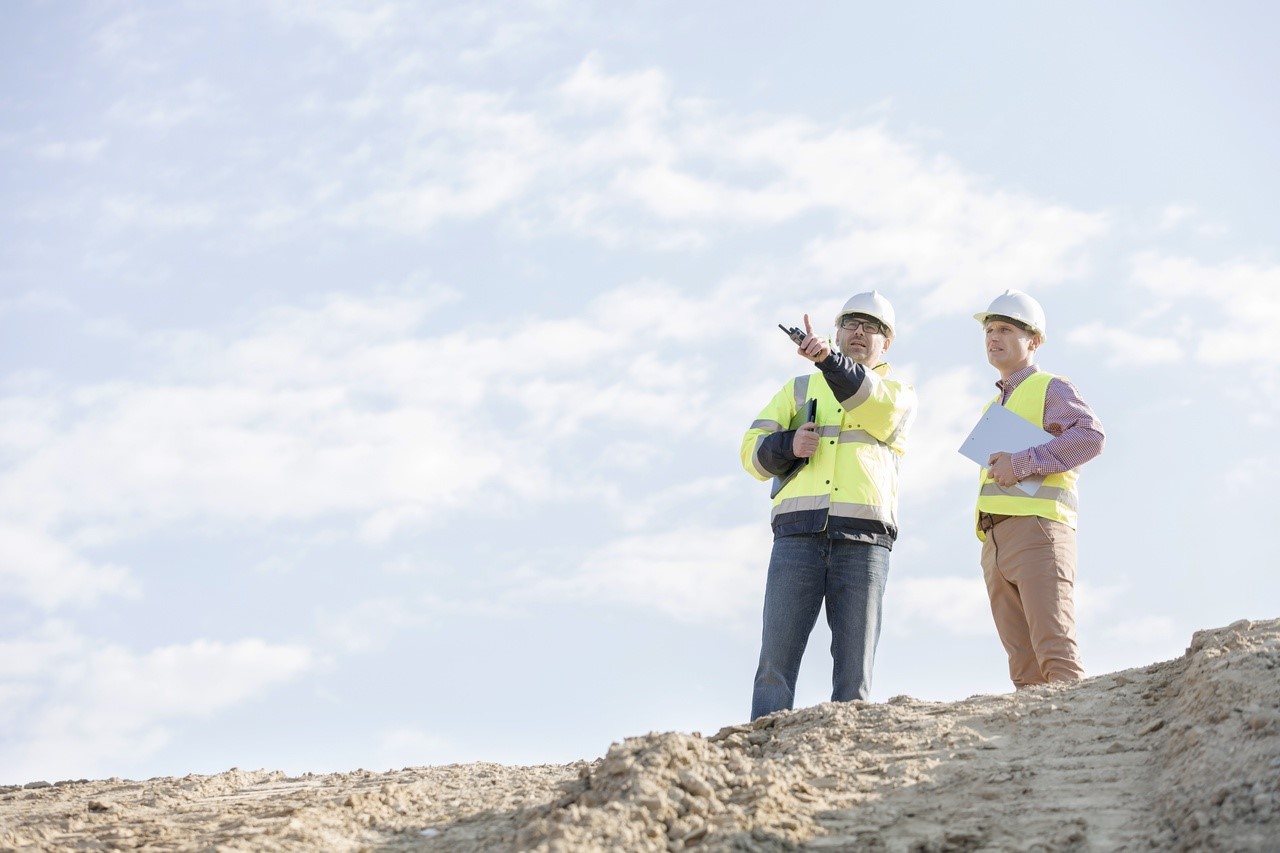Serious job-related injuries can have a lasting impact on individuals. If you have sustained a severe injury that prohibits you from working, you may qualify for permanent disability in Oregon. In many cases, whether or not an individual qualifies for permanent disability will take some time to determine. The first step, though, is to seek medical attention and file your Workers’ Compensation claim through your employer.
Individuals who are eligible for Workers’ Comp will first receive temporary disability benefits while undergoing treatment by a doctor. Consideration for permanent disability does not begin until the doctor determines that an individual’s condition will not significantly improve with further treatment and that the workplace-related injury has left that individual with a permanent impairment.
The amount of time this process takes will vary from case to case. In some instances, insurance companies will award individuals total permanent disability benefits, while others will be eligible for partial disability payouts. If you require legal advice or assistance with your disability claim, Mark Thesing Inc. is here to schedule a consultation. Our law firm provides aggressive representation to help clients secure the compensation that they need.





